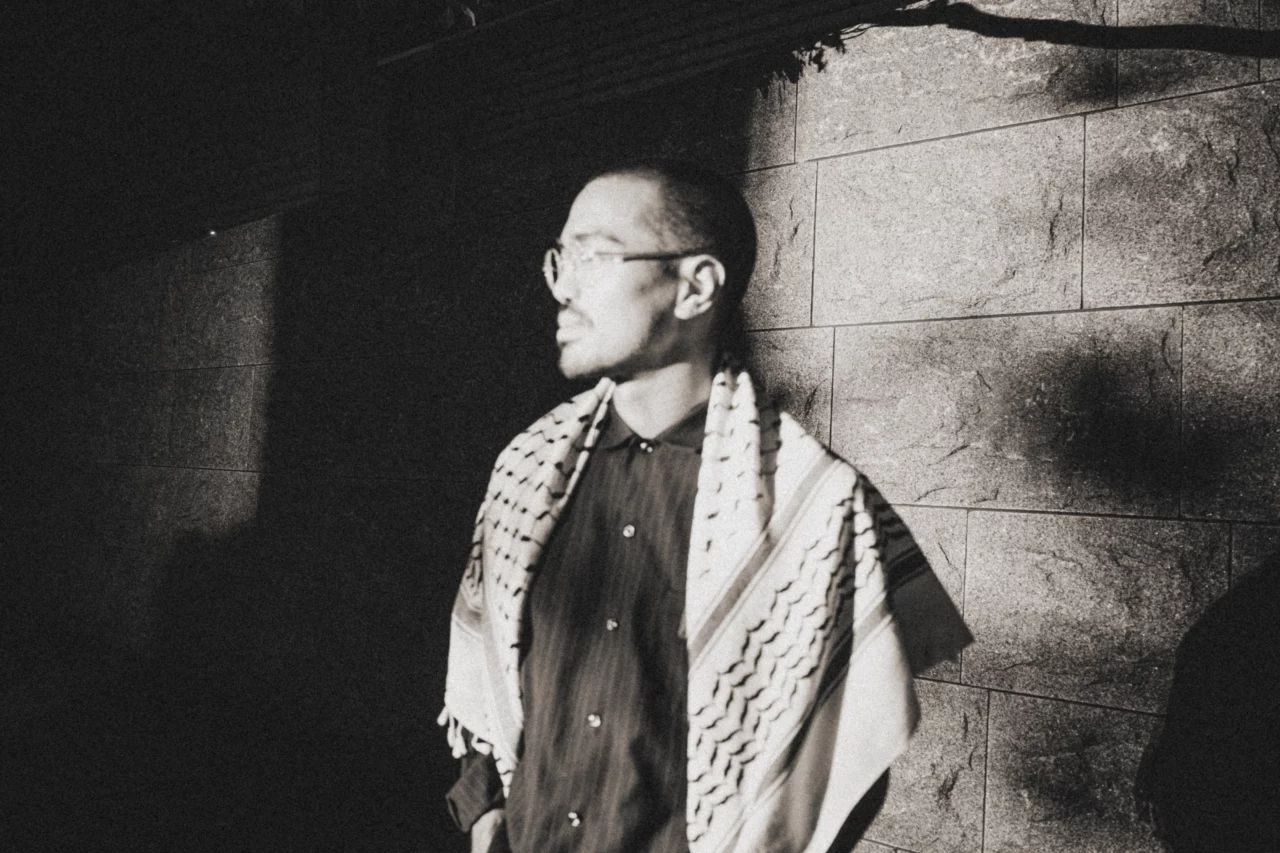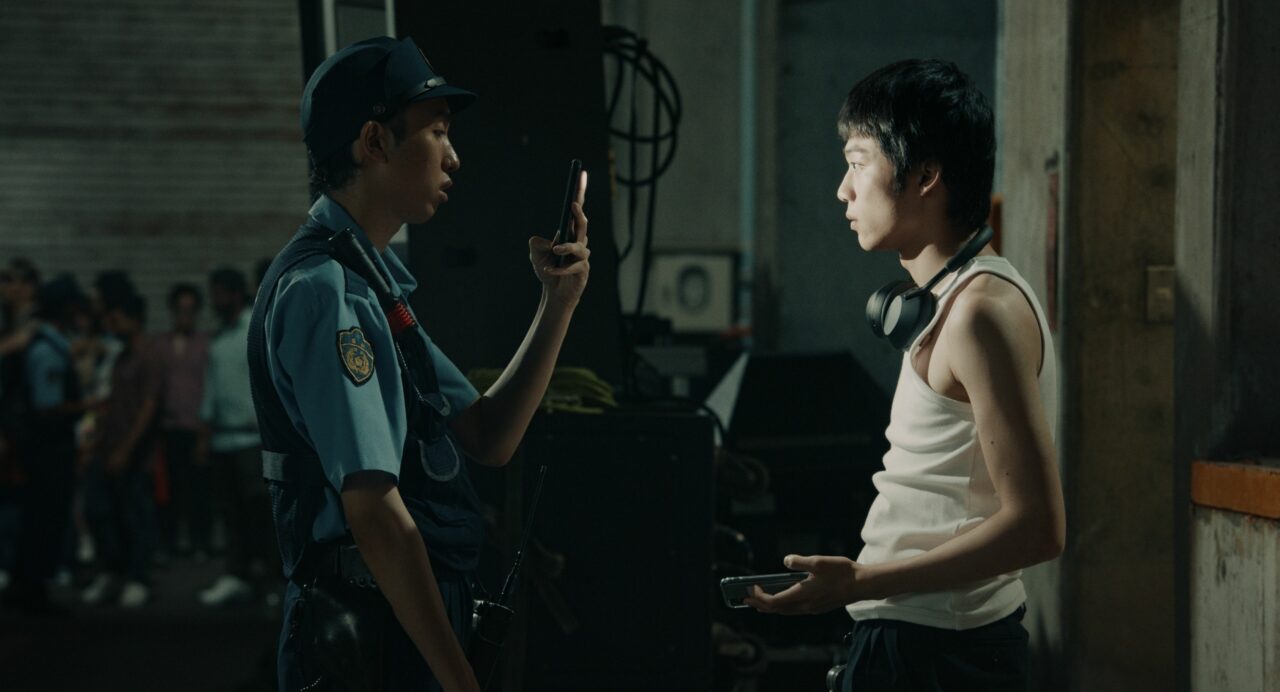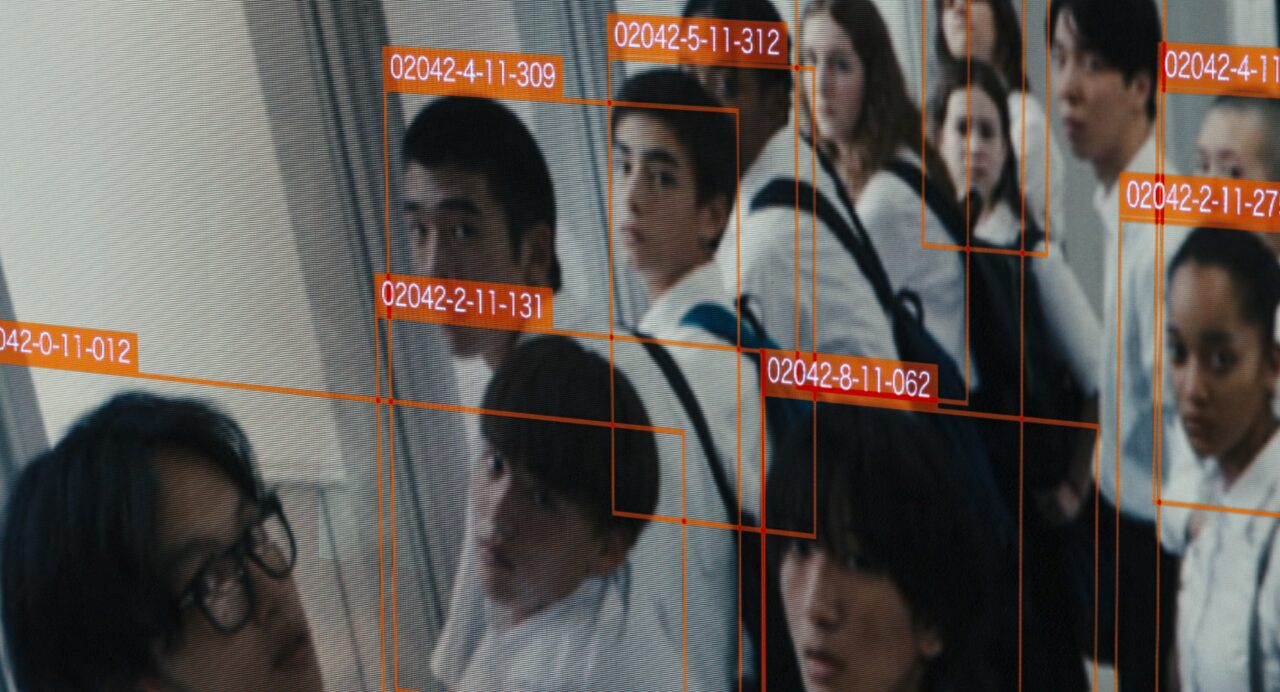INDEX
Training to Evoke Emotions: A Practice in Rebellion Against the Mundane
I wondered if the emotion of “joy” might somehow connect with the “anger” we talked about earlier. I have the impression that Neo has a remarkable ability to enjoy things and find humor in them. Perhaps this is because he regularly engages with a full range of emotions, keeping his emotional muscles relaxed.
Sora: That makes me remember that I tend to think of every experience as something to be grateful for. It might be a bit of a professional habit, but even when faced with really unpleasant feelings or events, I find myself thinking, “I’ve never felt this way before.”
Recently, I experienced the death of my father. It was incredibly sad, and being present at that moment was shocking. But it’s a once-in-a-lifetime experience. It may sound strange, but I’ve realized that I feel grateful to have had that experience. There’s a part of me that appreciates that my emotions have been stirred in a way I’ve never felt before.

When did you start thinking, “I’m glad to have experienced this emotion”?
Sora: I think it was in middle school or high school. During that time, I had a phase where I intentionally watched videos that made me feel “pain.”
Why did you do that?
Sora: Because I wanted to know.
You wanted to understand painful emotions?
Sora: Exactly.
For example, what kind of things did you watch?
Sora: Hmm, back then, YouTube was just emerging, and there weren’t many content restrictions. I was watching videos of surgeries and real footage from battlefields. I wasn’t enjoying it; in fact, I didn’t really want to see it, but I convinced myself that it was my responsibility to be aware of these things happening in the world! It sounds really intense when I say it like that [laughs].
-[laughs].
Sora: But there was a time when I was trying to consume things through media that I could never experience in my daily life. There are so many events happening around the world that I can’t experience everything, and I don’t have the courage to seek out some of those experiences. Still, I wanted to know as many different emotions as possible.

Sora: That’s one of the main reasons I started going to the movies more often. Of course, it’s not just about the unpleasant things; when I watch a romantic film, I can discover wonderful feelings of love that I’ve never experienced. I also really enjoy hearing how others felt about what they watched. This desire to accumulate various emotions began during my student days.
It sounds like a practice in stirring emotions. I remembered that you wrote in the press materials for ‘HAPPYEND,’ “If you don’t build your emotional muscles, you won’t be able to act when you find yourself in a situation where you need to break significant rules or laws.”
Sora: From the small, everyday level, when I encounter things I find meaningless or harmful, I call the act of rebelling against and dismantling them “anarchist calisthenics.” I believe it’s really important to take direct action to change things rather than just accepting them when faced with the trivial. In the film, Yuta unconsciously embodies this kind of natural rebellion, but I think it would be even better if he could do it with greater awareness.


Sora: If we don’t become aware, we can’t properly resist the structural violence that is often hidden on the surface. At the same time, it’s important not just to be aware, but also to actively rebel against and dismantle these structures. Otherwise, when faced with conscription or laws and systems that lead people toward war and genocide, we won’t be able to fight back.
I believe that if we don’t continue to cultivate a “thinking ability that follows oneself” rather than just the system, Japan will end up complicit in wars and will become entangled in them. We won’t even be able to recognize the violent structures that already exist in Japanese society. For example, people paying into the pension system in Japan are unknowingly having their money invested in Israeli government bonds and defense contractors. We are definitely in a position where such global issues are at play.
























